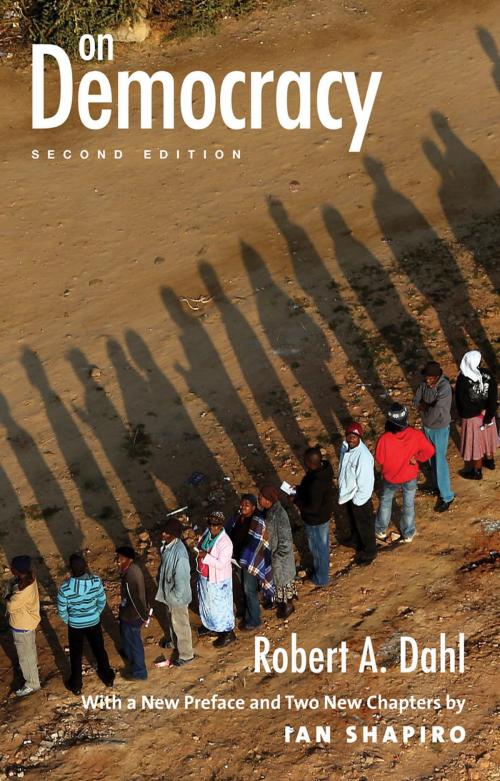| Author: | Robert A. Dahl, Ian Shapiro | ISBN: | 9780300233322 |
| Publisher: | Yale University Press | Publication: | October 1, 2008 |
| Imprint: | Yale University Press | Language: | English |
| Author: | Robert A. Dahl, Ian Shapiro |
| ISBN: | 9780300233322 |
| Publisher: | Yale University Press |
| Publication: | October 1, 2008 |
| Imprint: | Yale University Press |
| Language: | English |
In this accessible and authoritative work of political science and political philosophy, one of the most prominent political theorists of our time provides a primer on democracy: what it is, why it is valuable, how it works, and what challenges it confronts in the future.
Robert Dahl begins with an overview of the early history of democracy. He goes on to discuss differences among democracies, criteria for a democratic process, basic institutions necessary for advancing the goals of democracy, and the social and economic conditions that favor the development and maintenance of these institutions. Along the way, he illustrates his points by describing different democratic countries, explaining, for example, why India, which seems to lack most of the conditions for a stable democracy, is nevertheless able to sustain one. Dahl answers such puzzling questions as why market-capitalism can both favor and harm democracy. And he concludes by examining the major problems that democratic countries will face in the twenty-first century, problems that will arise from complexities in the economic order, from internationalization, from cultural diversity, and from the difficulty of achieving an adequate level of citizen competence.
In this accessible and authoritative work of political science and political philosophy, one of the most prominent political theorists of our time provides a primer on democracy: what it is, why it is valuable, how it works, and what challenges it confronts in the future.
Robert Dahl begins with an overview of the early history of democracy. He goes on to discuss differences among democracies, criteria for a democratic process, basic institutions necessary for advancing the goals of democracy, and the social and economic conditions that favor the development and maintenance of these institutions. Along the way, he illustrates his points by describing different democratic countries, explaining, for example, why India, which seems to lack most of the conditions for a stable democracy, is nevertheless able to sustain one. Dahl answers such puzzling questions as why market-capitalism can both favor and harm democracy. And he concludes by examining the major problems that democratic countries will face in the twenty-first century, problems that will arise from complexities in the economic order, from internationalization, from cultural diversity, and from the difficulty of achieving an adequate level of citizen competence.















